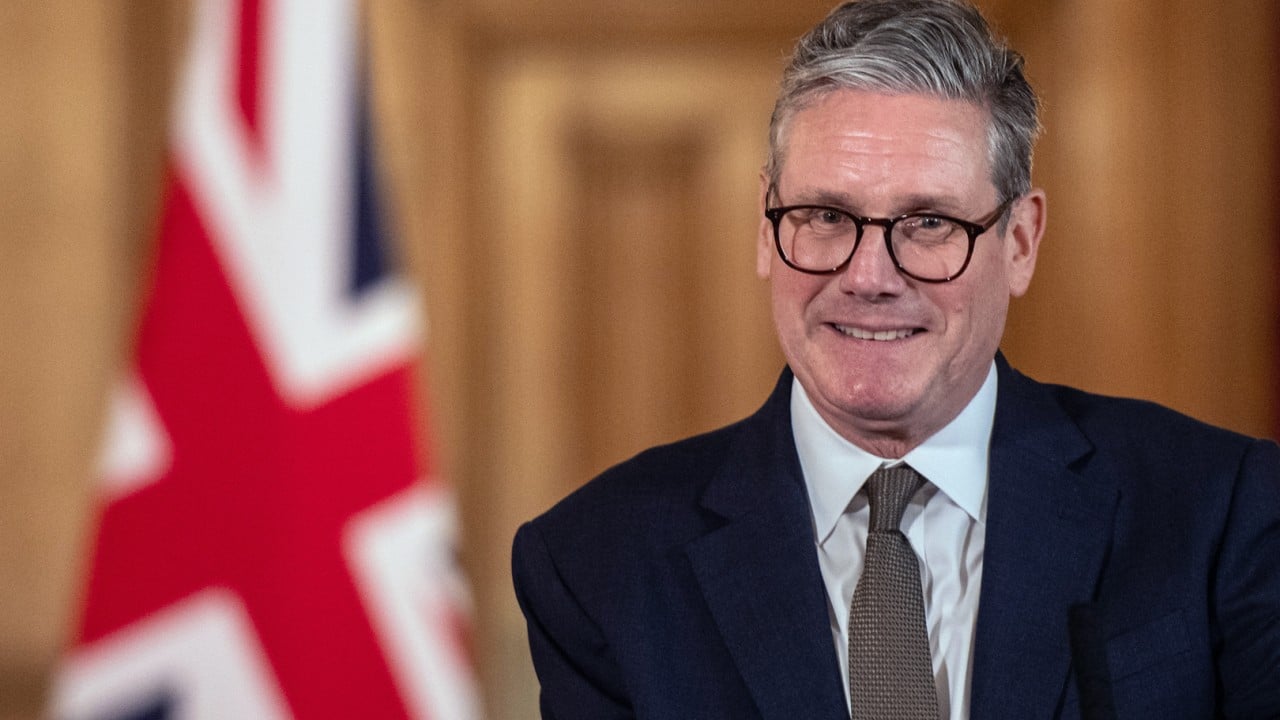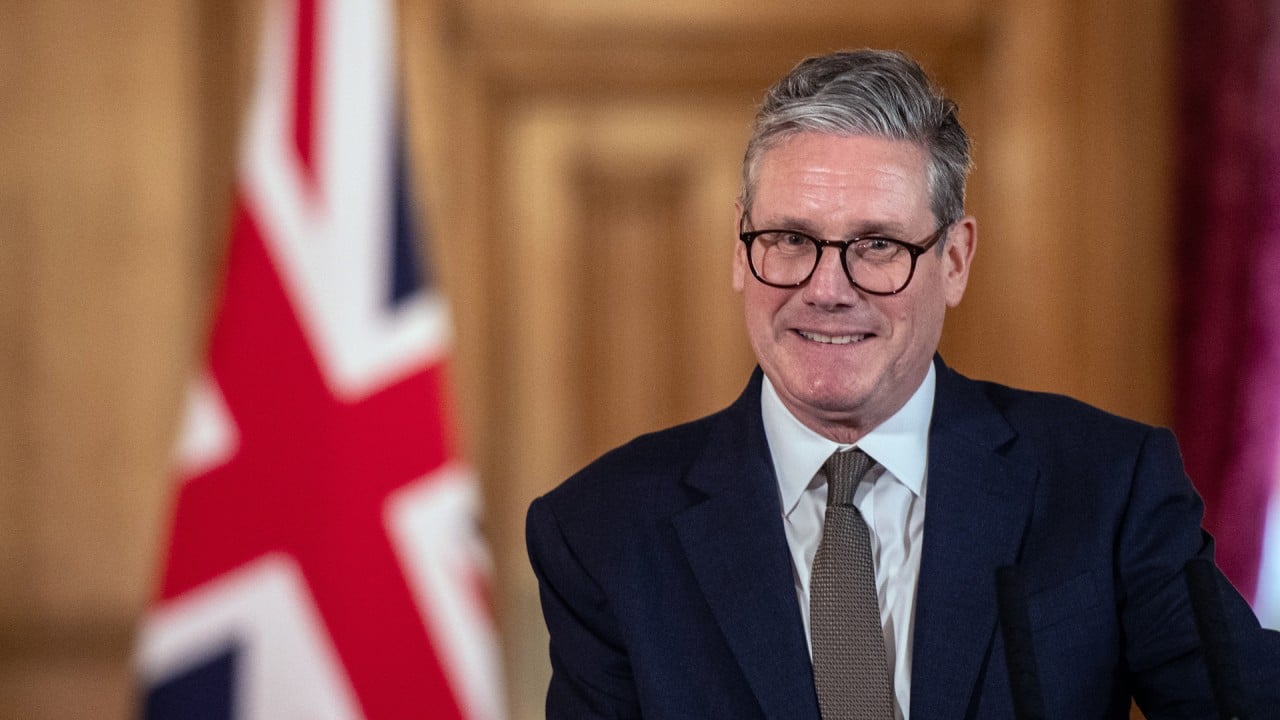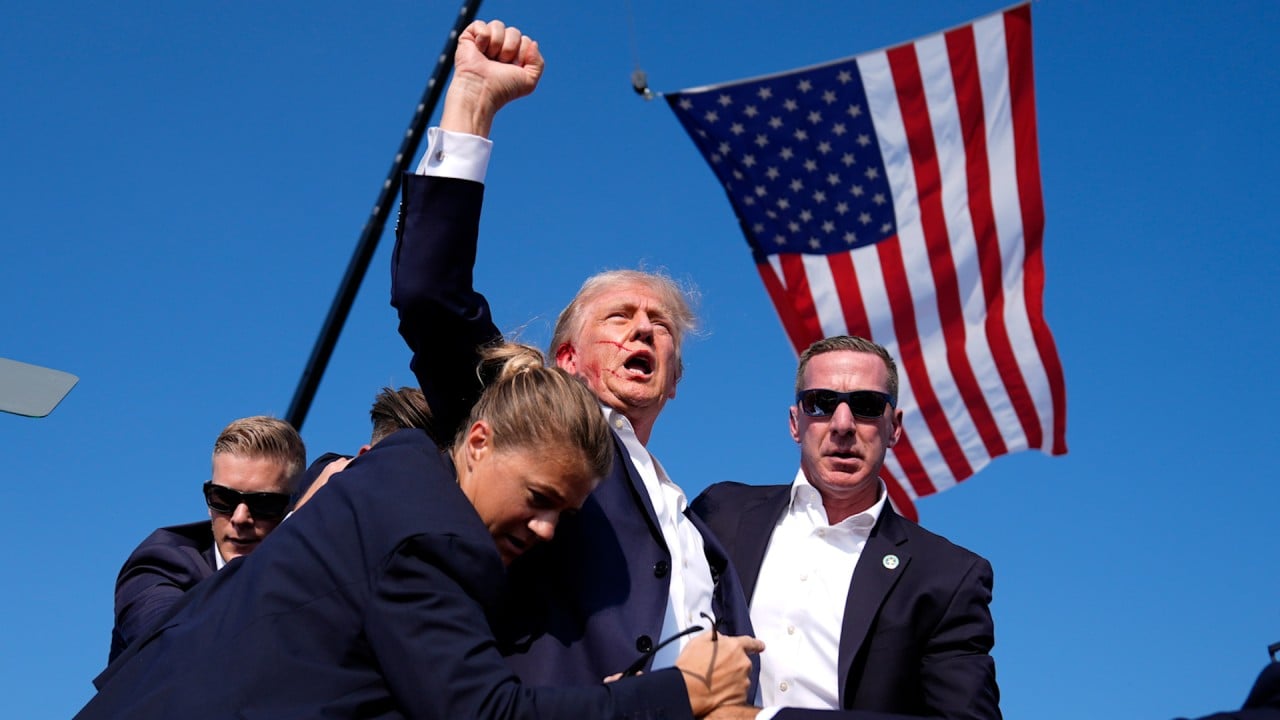The assassination attempt on former US president Donald Trump on July 13 will go down in history as a turning point in the coming US presidential election. Many people now expect him to have a smooth ride to victory in November.
Still, Trump’s defiant image does not change the essence of this election, which cynics might denigrate as a choice between a senile US President Joe Biden and a liar ex-president in Trump. It speaks volumes of the degeneration of American democracy threatened by populism and hate.
But it is not just the United States that is a source of worry over the state of democracy. According to the 2023 Democracy Index published by the Economist Intelligence Unit in February, fewer than 8 per cent of the world’s population lives in 24 full democracies. The number of “flawed democracies” increased to 50 in 2023 from 48 the previous year. Of the remaining countries and regions, 34 were classified as hybrid regimes blending democracy and authoritarianism while 59 were authoritarian regimes.
Some elections are foregone conclusions and do not alter the political status quo, such as those in Russia, Indonesia and India. A small surprise is that Indian Prime Minister Narendra Modi’s Bharatiya Janata Party failed to secure a parliamentary majority on its own, contrary to predictions of a landslide win, and has to govern as a coalition.
The rise of the far-right has been a consistent theme in Europe, as was reflected in the European Parliament elections in June. French President Emmanuel Macron responded to the results with alarm and gambled by hastily dissolving the National Assembly, but he received a rude awakening in response.
The first round of voting at the end of June saw the far-right National Rally come out on top. It took a display of tactical voting and a broad coalition of centrist and left-leaning parties in the second round to prevent the far-right from gaining a majority and forming a government. French politics remains fractured, suggesting a prolonged period of weak government.
Britain could be seen as an exception to the broader trend of Europe’s rightward turn. The July 4 general election saw the Labour Party end 14 years of Conservative rule, winning an outright majority with 411 seats while the Conservatives lost 251 seats to hold just 121.
Labour’s success was all the more surprising given that it suffered its worst election since 1935 just five years earlier, staging a reversal in the space of a single election cycle that took the party close to the heights of the success of New Labour in 1997. Even so, Labour’s apparent landslide victory overshadows the fact that its share of the vote was barely larger than its performance in 2019.
“Broken” is one word that is often used to describe modern Britain. The latest British Social Attitudes Survey, released last month, found that 45 per cent of respondents would “almost never” trust British governments of any party to put the nations’ needs of the nation above those of their party. Labour faces a tall order to win back the British public’s trust.
The people have spoken, at least in one sense. Some governments have changed hands or had their mandate curbed, but beyond that people should be realistic about the limitations of democracy.
After the fall of the Soviet Union, there was a period of excitement about what political scientist Francis Fukuyama called the “end of history”. New democratic governments emerged across Asia in the third wave of democratisation.
The promise of democracy looks increasingly hollow of late, though, and people are losing faith in it. Many Asian democracies, whether old or new, are struggling to rid themselves of cronyism, corporate capture and bureaucracy. Larry Diamond, a senior fellow and scholar of democracy at Stanford University, has written at length about a global “democratic recession”.
Democracy is not malfunctioning because autocrats have successfully overturned the global order, despite Biden’s assertions at the recent Nato summit. China is frequently singled out as a culprit behind this global movement against democracy. It is true that China does not believe in Western-style democracy and wants to develop an alternative political system with Chinese characteristics, though whether that will succeed remains to be seen.
Instead, democracies are falling short of their promise because of structural deficits being glossed over for too long, including the alienation of the masses fuelling “deep state” conspiracy theories. Social fragmentation and populism are making things worse.
Electoral democracy helps to humble those in power, but it is not the answer to all problems. It requires rules and ethos that are conducive to rational debates, mutual accommodation and empathy for those suffering from social and economic injustice. It requires politicians and parties to walk the talk.
Democracy needs a good balancing of both distrust and trust. It takes distrust because power corrupts and checks on government power are essential. It also requires trust because it forms part of the social capital that is crucial to good governance. Also, the degree of public trust does not necessarily correlate with regime type.
The quest for universal suffrage was once the dominant feature of local politics in Hong Kong. The city’s younger generation still aspires to a democratic future despite the setbacks the movement experienced since 2019. They should take the lessons of recent events and critically reflect on them as they pursue that future.
Anthony Cheung is a former secretary for transport and housing (2012-17) and former president of the Education University of Hong Kong (2008-12, then known as Hong Kong Institute of Education)




